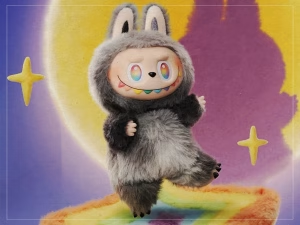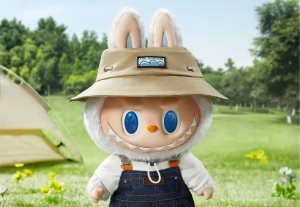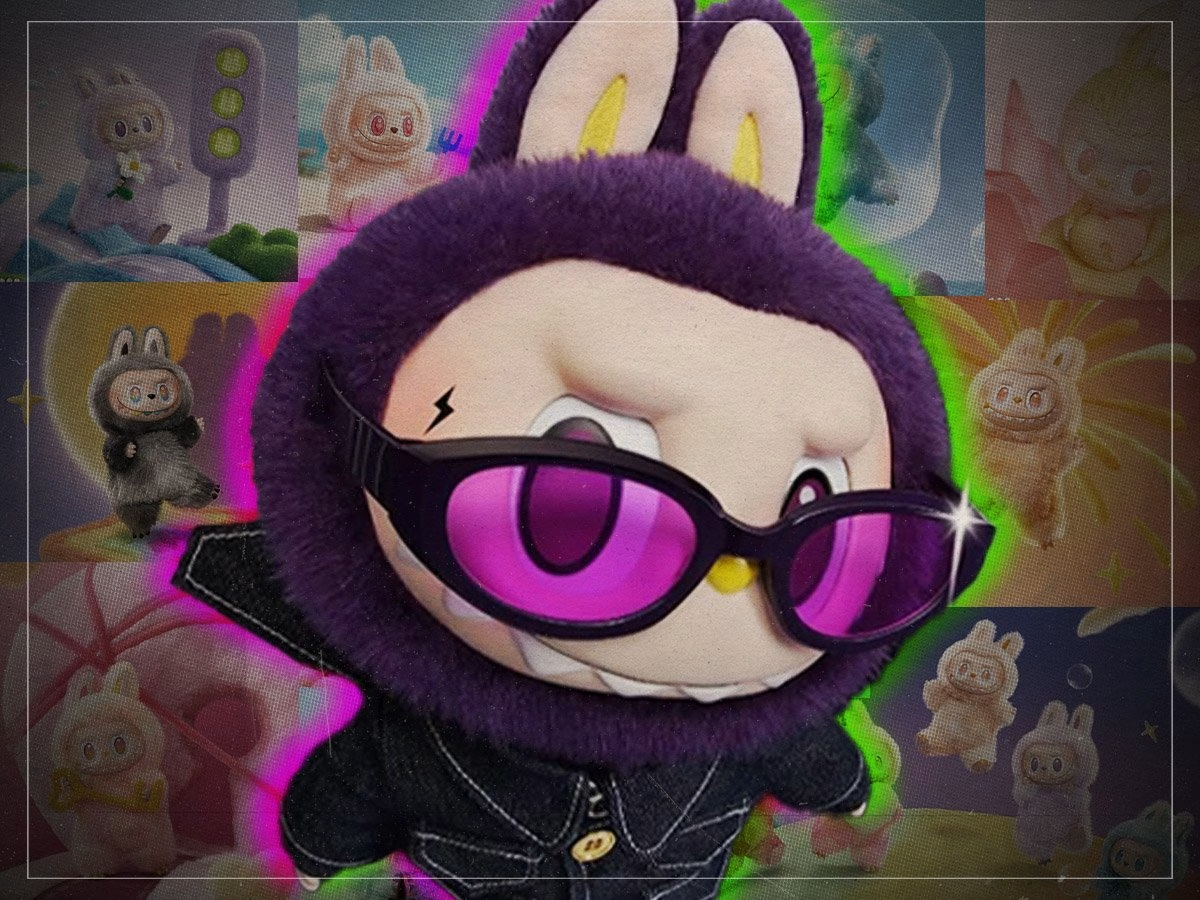A new toy trend is taking over social media feeds worldwide, and its name is Labubu. Originally created by Chinese designer Kasing Lung and distributed by the toy company Pop Mart, the quirky, gremlin-like plush toys have gained massive popularity among Gen Z, millennials, and even celebrities.
What started as niche collectibles quickly turned into a global obsession. Labubu toys have appeared in viral TikTok and Instagram videos, often in unboxing formats, where fans excitedly reveal which version of the toy they received. These plushies have even made appearances in celebrity circles: Rihanna, Dua Lipa, and most notably Lisa from Blackpink have been spotted showcasing their Labubu collections. Lisa’s mention of her fondness for the toy in a Vanity Fair interview helped catapult its popularity to new heights.
Labubu is not just any toy—each one is sold in a “blind box,” meaning buyers do not know which character or variant they will receive until they open it. This model, popularized in East Asia, introduces an element of chance that drives collectors to make repeated purchases. The series includes rare “secret edition” figures, which are highly sought after and can sell for triple the price of a standard box, which typically retails for around £30.

This element of unpredictability, while exciting to many, has drawn criticism. Some psychologists liken blind box collecting to gambling, as it feeds off anticipation and instant gratification. In response to rising concerns, China banned blind box toy sales to children under the age of eight in 2023.
Demand for Labubu toys has surged so dramatically that many retailers are struggling to keep them in stock. In some cases, consumers have turned to imitation versions—nicknamed “Lafufu” or “Fauxbubu”—to satisfy their interest. Pop Mart, meanwhile, has reported record-breaking sales, with CEO Wang Ning reportedly generating $1.6 billion in a single day, largely driven by U.S. consumers.
Despite the boom, Pop Mart recently announced a temporary suspension of in-store and vending machine sales in the UK, citing safety and crowd control concerns. Online sales, however, continue uninterrupted.

The rise of Labubu highlights a broader trend in the toy industry: the growth of the “kidult” market. Toys designed for adults accounted for a significant portion of total toy sales in 2024—approximately £634 million in the UK alone. Industry analysts attribute this to a combination of nostalgia, escapism, and the desire for simple joys during uncertain times—particularly during the COVID-19 pandemic, when online shopping and at-home entertainment reached record highs.
However, experts warn that this form of collecting, while often harmless, can carry risks. Some individuals begin to associate their identity and self-worth with their possessions, potentially leading to emotional dissatisfaction and financial strain. Once the novelty wears off, these toys—many of which lack play value—often end up discarded, raising concerns about consumerism and environmental impact.
As trends evolve, it remains to be seen whether Labubu will have lasting appeal or fade like many of its predecessors. Yet for now, it stands as a fascinating example of how pop culture, psychology, and commerce can intersect in the most unexpected of ways.













